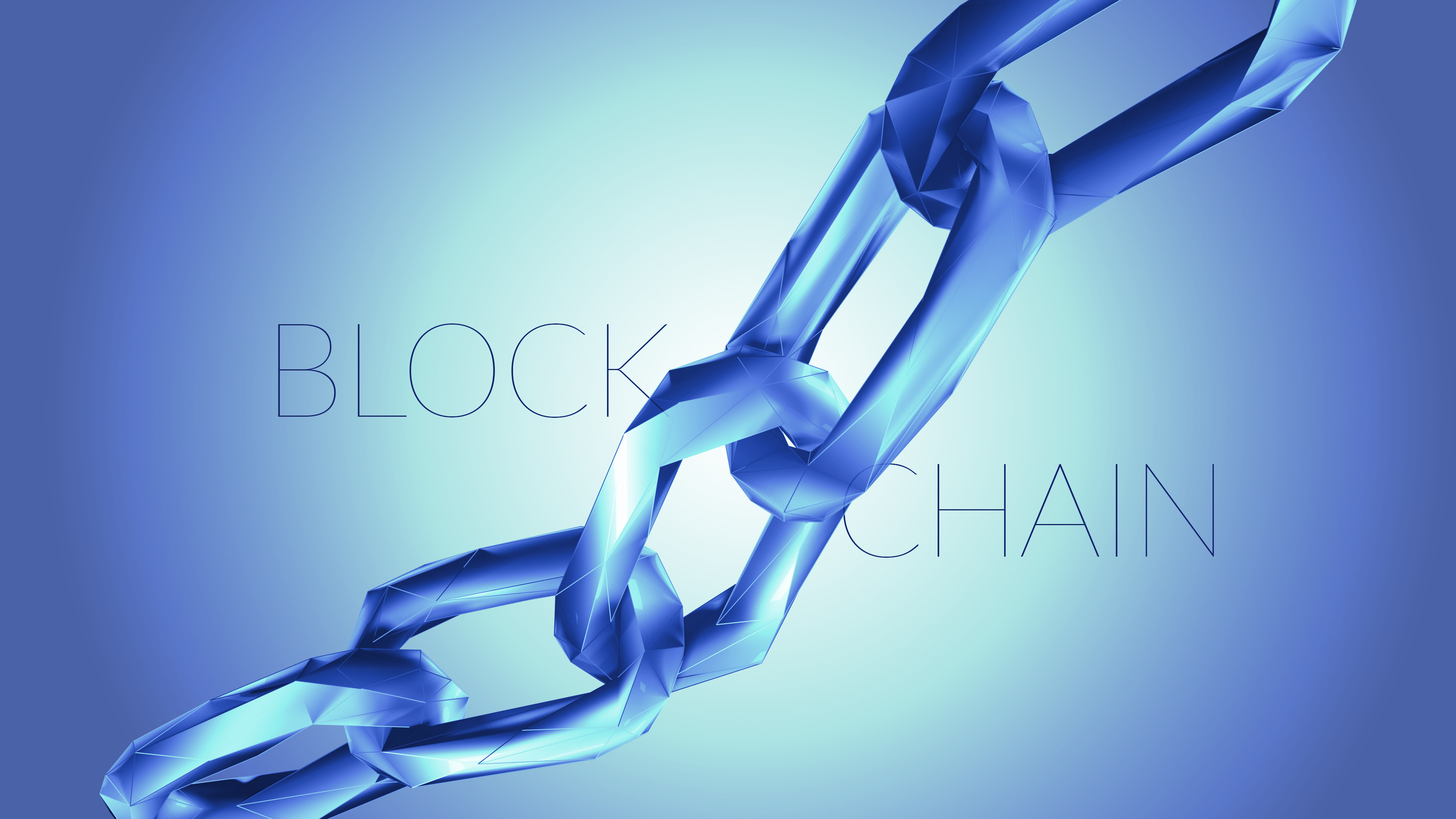Blockchain is slowly taking off and seems to apply to a lot of different industries. In the state of Illinois, for example, there is currently an experiment going on involving the replacement of physical birth certificate copies using Blockchain. This would give citizens better control over their personal data and removes the inconvenience of waiting for a physical copy to be mailed to them.
This new experiment is part of the initiative called the Illinois Blockchain Initiative, which is basically the state’s attempt at applying the new Blockchain network into its own logistics and governing process. In the announcement post regarding the birth certificate experiment, the state revealed that it was partnering with a company called Evernym to make it a reality.
“In the proposed framework, government agencies will verify birth registration information and then cryptographically sign identity attributes such as legal name, date of birth, sex or blood type, creating what are called “verifiable claims” or attributes,” the post reads.
“Permission to view or share each of these government-verified claims is stored on the tamper-proof distributed ledger protocol in the form of a decentralized identifier. The identifier guarantees each attribute is cryptographically sealed and only accessible with explicit consent of the identity holder or in the case of a newborn child, his or her legal guardian.”
As Futurism notes, this setup is very similar to how the Blockchain network could be used to share information between hospitals regarding patient files. These are only a few examples of how the entire network or even just the concept of it could apply to varying, yet just as essential industries.
Other countries are starting to implement their own experiments using Blockchain, as well, including Brazil and the UK. These types of trials are important in weeding out potential errors and problems caused by storing information on a more digitized format, as well.



 SpaceX Prioritizes Moon Mission Before Mars as Starship Development Accelerates
SpaceX Prioritizes Moon Mission Before Mars as Starship Development Accelerates  Nvidia Nears $20 Billion OpenAI Investment as AI Funding Race Intensifies
Nvidia Nears $20 Billion OpenAI Investment as AI Funding Race Intensifies  SpaceX Seeks FCC Approval for Massive Solar-Powered Satellite Network to Support AI Data Centers
SpaceX Seeks FCC Approval for Massive Solar-Powered Satellite Network to Support AI Data Centers  Oracle Plans $45–$50 Billion Funding Push in 2026 to Expand Cloud and AI Infrastructure
Oracle Plans $45–$50 Billion Funding Push in 2026 to Expand Cloud and AI Infrastructure  OpenAI Expands Enterprise AI Strategy With Major Hiring Push Ahead of New Business Offering
OpenAI Expands Enterprise AI Strategy With Major Hiring Push Ahead of New Business Offering  Anthropic Eyes $350 Billion Valuation as AI Funding and Share Sale Accelerate
Anthropic Eyes $350 Billion Valuation as AI Funding and Share Sale Accelerate  Palantir Stock Jumps After Strong Q4 Earnings Beat and Upbeat 2026 Revenue Forecast
Palantir Stock Jumps After Strong Q4 Earnings Beat and Upbeat 2026 Revenue Forecast  Instagram Outage Disrupts Thousands of U.S. Users
Instagram Outage Disrupts Thousands of U.S. Users  SoftBank Shares Slide After Arm Earnings Miss Fuels Tech Stock Sell-Off
SoftBank Shares Slide After Arm Earnings Miss Fuels Tech Stock Sell-Off  Sony Q3 Profit Jumps on Gaming and Image Sensors, Full-Year Outlook Raised
Sony Q3 Profit Jumps on Gaming and Image Sensors, Full-Year Outlook Raised  TSMC Eyes 3nm Chip Production in Japan with $17 Billion Kumamoto Investment
TSMC Eyes 3nm Chip Production in Japan with $17 Billion Kumamoto Investment  Alphabet’s Massive AI Spending Surge Signals Confidence in Google’s Growth Engine
Alphabet’s Massive AI Spending Surge Signals Confidence in Google’s Growth Engine  Amazon Stock Rebounds After Earnings as $200B Capex Plan Sparks AI Spending Debate
Amazon Stock Rebounds After Earnings as $200B Capex Plan Sparks AI Spending Debate  SpaceX Updates Starlink Privacy Policy to Allow AI Training as xAI Merger Talks and IPO Loom
SpaceX Updates Starlink Privacy Policy to Allow AI Training as xAI Merger Talks and IPO Loom  SoftBank and Intel Partner to Develop Next-Generation Memory Chips for AI Data Centers
SoftBank and Intel Partner to Develop Next-Generation Memory Chips for AI Data Centers 
































